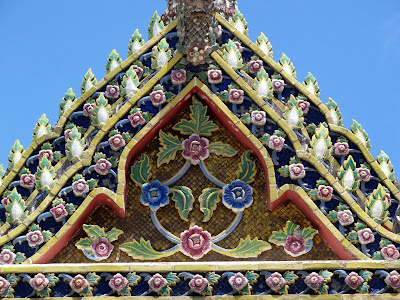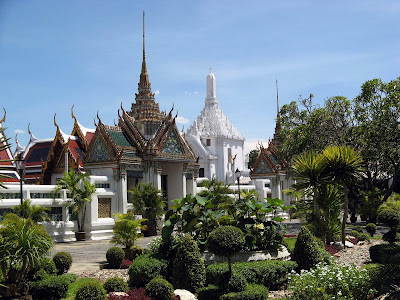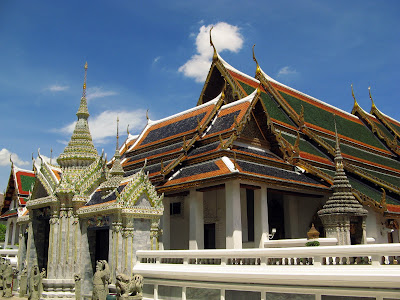Fridays mean Art Day at Hearts of Love Center. Just about every Friday I do some sort of Art Project with the children. It’s become popular to draw or paint with the American.
On some Fridays, I’ve seen as many as 18 kids in space for maybe 10. I do get a little tense and overwhelmed, but with the help of Annya, I keep my cool. She says with a smile, “Normalna. It’s normal.”
Last week, I made a huge Christmas tree by taping together blocks of paper and using my watercolors to paint the branches. Then the children drew ornaments to decorate. All levels and ages contributed. Some of the ornaments are decorated ala scribbles while others are carefully drawn. One medicated boy surprises me. Instead of the usual scribbles, he draws a design for the first time. I say in my best Russian, “Good job…Good Job.”
I always insist that the children put their names on the art. I think by claiming it as their own, a little piece of self-esteem is added to their lives. Often they will take the art to other adults at the Center and bask in the approval.
I am putting away supplies and getting ready to go home, when a little girl bursts into the room. “Chi, Chi, Chi,” she insists. I make my way down the hall to another room where she and a friend are setting the table with china cups and plates – no Styrofoam here.
Then I learn it’s the little girl’s Birthday. She is a 8 years old. Her mother has brought in a small cake for a small celebration. It’s a special treat.
As we settle into our places at the table, we are invited to share a Birthday wish. This is a wonderful Ukrainian ritual. People talk intimately about a person’s character and offer wishes for a good life. Each wish can go on for several minutes. I love the way Ukrainians are not embarrassed to express kindness.
I look at the little girl. She is wearing a red dress. Red is considered most beautiful for Ukrainian women. And this little girl is beautiful in her own special way.

What I notice most is her demeanor. She glows with Bambi eyes wide open. The gentle words of praise accumulate like dozens of presents – but only more valuable. I am touched when her older brother speaks in admiring terms of love. We all should be so blessed.
I place my hand on my heart and take a mental snap-shot.
Whether it's Santa or St. Nicholas, there's magic in the idea that a stranger will come to give gifts. Sometimes it’s expected and other times it happens as a surprise.
At Hearts of Love, the hallways are strung with tinselly garlands. We are having a lot of fun getting ready for our St. Nicholas party. Just when I think all has been done, Yelena finds another box of tinsel. More is better. I tease her that she's decorating this center like a mother with a gang of kids.
My watercolor tree is decorated. The children have covered it with their own creations. I am proud of them. Festive bags have been bought and filled with candies. We are expecting about 35 children.

The story pits a fox and wolf against two little hares with a big old bear as referee. There are chase scenes, deceptions, fisticuffs and more. But in the end all are friends. Ukrainians like animal stories and judging the reaction from the children, they love this one.
After introductions, the Vice Mayor gets right down to business. "How does this organization compare to ones in America," he asks? “Wow,” I think. “How am I going to respond to such a question?”
I talk about the challenge of funding and the need for local support. I offer the idea of a "United Way" approach. He leans forward. He’s interested and asks, “Will you come and meet with the Mayor?”
I’m totally surprised. What an unexpected opportunity!
Then he turns to Yelena and says, “I think we should make a professional video so that the people of Konotop can learn about your work here. “ It’s another unexpected surprise. The meeting ends with exchanges of emails and wishes for a Happy New Year.
Later as I am getting ready to leave, Yelena turns to me, “You told us to widen our circle of friends…You know, we listened….See what’s happening.”





















































